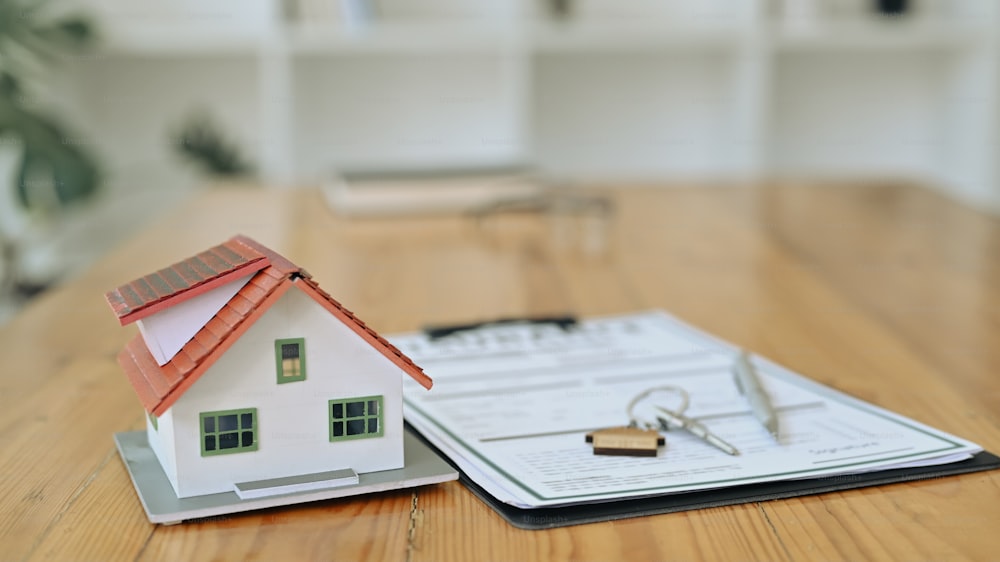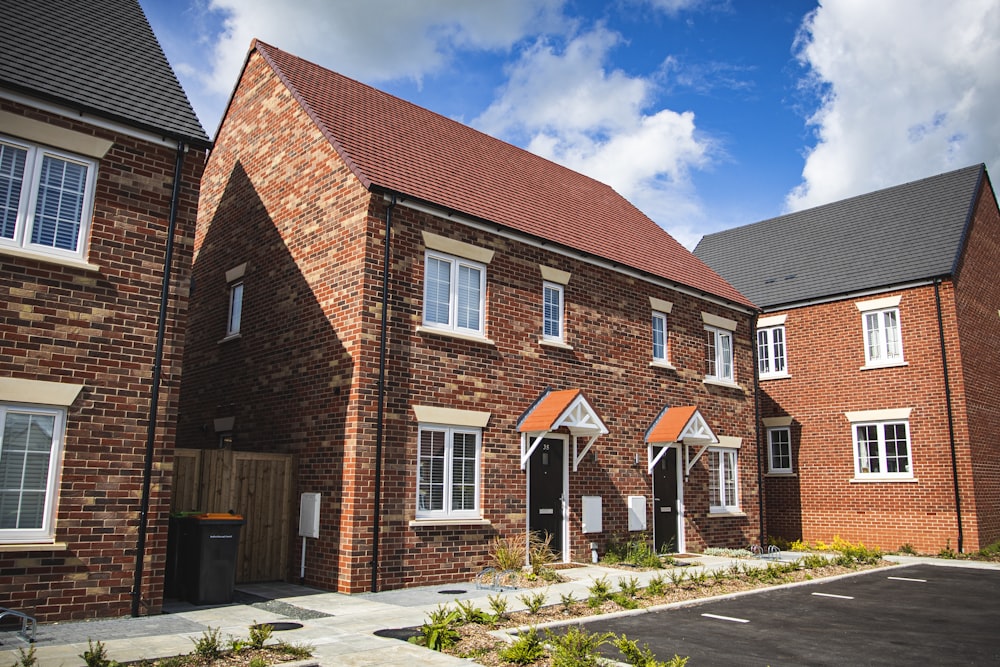Buying your first home with our mindful tips
Especially for first-time buyers, buying a home can be intimidating. Finding and buying a home that fits the needs and budget of you and your family will need a lot of work. You may, however, turn your dream of home ownership into a reality with careful planning and reliable expert advice.
Assess your financial condition: buying first home
Image via Unsplash.com
A high level of financial and personal stability is necessary to purchase a home. You should be able to count on having a reliable source of income during the upcoming years. You should also think about how long you intend to stay in the area. You should think twice before buying a home if you can’t see yourself living there in five years. Don’t just purchase a home because it would be less expensive than renting and borrowing rates are now favorable. Wait until you are certain that you are both financially and personally prepared.
Improving your credit score
Your ability to be approved for a loan will be strongly influenced by your credit score. The amount of interest you will pay on the loan will be decreased if you have excellent credit. To get the best rates, make sure your credit score is good or exceptional (above 700 or 750, respectively). To qualify for these perks, you and your partner, spouse, or friend must both have excellent credit scores. A single person’s bad credit might dramatically lower the application score as a whole.
Saving is indispensable: buying first home
Image via Unsplash.com
You typically require a down payment of 20% of the home’s value in order to get approved for a mortgage. You frequently also need to have enough money set up for your mortgage payments to last at least six months. Additionally, you’ll need money to pay taxes, insurance, and closing charges. If you don’t yet have this money, think about delaying and saving for a while longer.
You might be able to put little to no money down when buying a house. But in order to do so, you will often need to pay Private Mortgage Insurance (PMI), which would significantly increase your monthly expenses.
Calculating your budget
Find a calculator that can tell you how much house you can afford by doing some online research first. To find out what your budget is, enter your income and other costs. To determine the kind of home you can afford, look for properties on real estate listing websites like Trulia and Realtor.com. Consider delaying the purchase of your ideal home until you have the funds to do so if these outcomes fall short of your expectations.
Keep in mind that just because you can afford something in theory doesn’t mean you can actually afford it comfortably. Keep in mind that there will be unforeseen home maintenance costs, as well as maybe unforeseen life expenses, in the months to come.
Look for govt loan: buying first home
Image via Unsplash.com
For first-time home purchasers, there are several different loans available. Loans backed by your state that have interest rates lower than the market may be available in addition to conventional bank loans. Additionally, the Federal Housing Administration (FHA) provides low-down payment loans to buyers with low incomes. Additionally, because approval is simpler to come through, these loans are excellent for borrowers with bad credit. Additionally, veterans may be eligible for VA loans, some of which have advantageous terms like 0% down. Inquire about the availability of these program with your agent, mortgage broker, or lender.
Obtain mortgage before
To obtain mortgage loan quotes, contact local lenders. Make sure to request loans with the amount and time frame that you want. Get a letter of pre-approval from your lender confirming that you are qualified for a house loan in the amount you have selected once you’ve found one at a competitive rate. Before accepting a potential customer, many real estate agents demand this as a requirement.
Decide what you want in a house: buying first home

Image via Unsplash.com
Choose the features you want in a home. Consider your demands for restrooms, common areas, and bedrooms in the present and the future. If you routinely host guests or run a home company or hobby, consider your demands. Think about the area as well. If you have kids, you’ll want to live close to your preferred school district in a highly safe neighborhood. Create a list of the characteristics of your “dream home” and give it to your realtor.
Contacting agent
Find a reputable agency by asking around or reading internet reviews. Meet with them in person at their workplace. Inform the agent of your circumstance and hand them the letter from your lender. Inform the agent of your preferences. While you’re there, request to view any available properties listed on the Multiple Listing Service (MLS). Get a printout of all the details, including availability and recent pictures for each residence.
Look for a trustworthy agent that can act fast on your behalf. Otherwise, your ideal house can vanish.
Go on a tour with the agent: buying first home
Make notes about your initial thoughts as you evaluate each home in light of how well it satisfies—or doesn’t—your requirements. Don’t think about changing items like the flooring, paint, or accessories. Think of the house in its future state rather than its present state. A kitchen can be renovated, but adding a floor or a bedroom is far more challenging. Just keep in mind your priorities when evaluating. Just because you enjoy how the house is laid out doesn’t mean you should choose a horrible location.
Investigate neighbors
Image via Unsplash.com
Before choosing a home, make sure to investigate the neighborhood. Discuss the local community, any noise complaints, and the frequency of crime with your neighbors. For a better sense of the area, visit it at various times of the day. Red flags will be obvious to you when you see or hear them.
The amount to offer: buying first home
Ask the agent for guidance on the appropriate bid amount. The conventional wisdom is to offer less than the asking price. However, very desirable properties or those in markets with high competition can necessitate an offer at or even over the asking price. Defer to your realtor’s expertise; they’ll probably know better where to position your offer in relation to the asking price.








